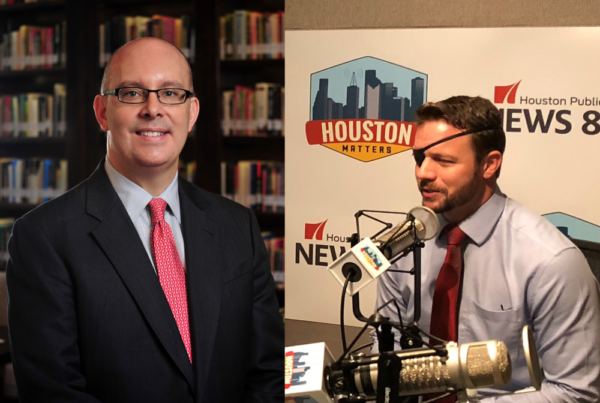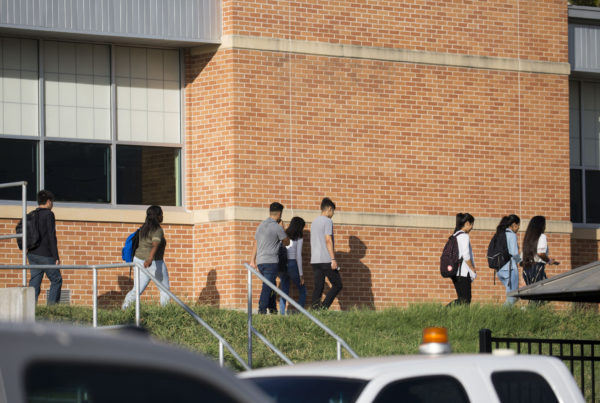With House Speaker Joe Straus announcing that he’s leaving that job, the race to replace him is wide open. And the political fault lines Straus’ tenure as speaker exposed in the Texas Republican party will only be in sharper relief as the contest to fill one of the three most powerful political offices in the state plays out during the next few months.
Ross Ramsey, executive editor and co-founder of the Texas Tribune, says there’s always tension between the governor, lieutenant governor and house speaker. It’s just more pronounced in a political climate where arch-conservatives and more business-friendly conservatives have all the power, but differ with the others in that triangle.
“The way it’s worked right now,” Ramsey says, “is it’s always two-to-one somehow.” Straus often did not see eye to eye with Gov. Greg Abbott and Lt. Gov. Dan Patrick, both of whom worked to achieve the policy goals of the most conservative Texas Republicans, while Straus charted a more moderate course.
House members choose their new speaker. Ramsey says a dozen or so House members usually consider running for the job. After consultation with colleagues, the number of candidates usually dwindles. So far this year, four candidates have filed paperwork to run for speaker. House members will vote for a new speaker on the first day of the legislative session – in January 2019.
The current candidates are: Phil King of Weatherford, John Zerwas from Richmond, near Houston, Ken Parker, the head of the Republican caucus, from Flower Mound, and the lone Democrat, Eric Johnson from Dallas.
The likelihood that a Democrat could win the speakership is low, Ramsey says. Of the 150 members of the House, 55 are Democrats.
“You’d have to have at least 21 Republicans hold their noses and say ‘yeah, I’d vote for a Democrat,’” he says.
Getting to be speaker isn’t just about ideology, Ramsey says.
“This is about relationships,” Ramsey says. “Who was good to you on that piece of legislation, who helped you on this, who’s your friend, who pushed you off the slide in the third grade.”
Written by Shelly Brisbin.
















